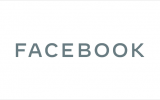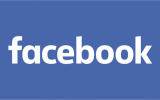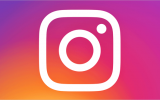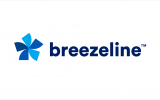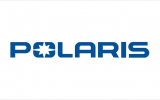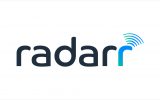Facebook Changes Name and Logo
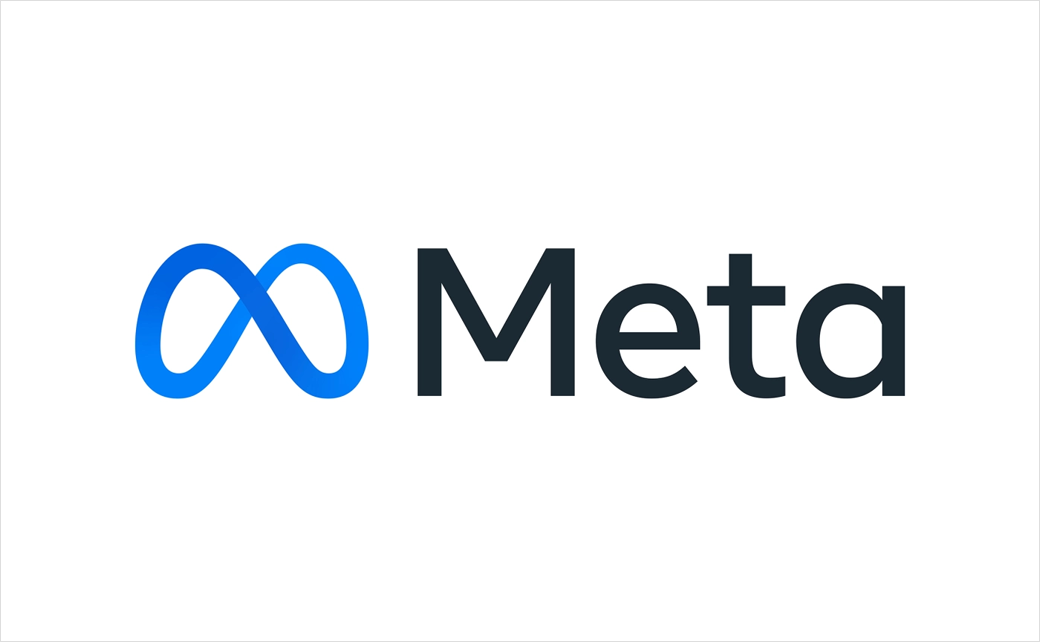
Internet and social media juggernaut Facebook has revealed a corporate name change, with company chief executive Mark Zuckerberg tonight unveiling a new infinity symbol-inspired logo design.
While the Facebook app will retain its name, its near-$1tn parent company will from now onward be called "Meta"; the move is similar to how Google rebranded to Alphabet, where it kept the name for the search engine but changed the identity of the umbrella brand.
According to Zuckerberg, Meta’s goal will be to bring the "metaverse to life", where Facebook is no longer just a social networking app but a whole host of products and technologies that will collectively usher in a new online world, one in which virtual reality (VR) will play a more significant role.
"The metaverse will feel like a hybrid of today’s online social experiences, sometimes expanded into three dimensions or projected into the physical world. It will let you share immersive experiences with other people even when you can’t be together – and do things together you couldn’t do in the physical world. It’s the next evolution in a long line of social technologies," the company reckons.
"Right now our brand is so tightly linked to one product that it can’t possibly represent everything we’re doing today, let alone in the future. Over time, I hope we are seen as a metaverse company, and I want to anchor our work and our identity on what we’re building towards," wrote Zuckerberg in a letter published on the company's website.
Adding: "From now on, we will be metaverse-first, not Facebook-first. That means that over time you won’t need a Facebook account to use our other services. As our new brand starts showing up in our products, I hope people around the world come to know the Meta brand and the future we stand for. I used to study Classics, and the word 'meta' comes from the Greek word meaning 'beyond'. For me, it symbolises that there is always more to build, and there is always a next chapter to the story."
Facebook's rebrand comes at a time when the company has experienced one PR crisis after another, from being issued with a $5bn fine for "deceiving" users by the U.S. government's Federal Trade Commission, to the more recent "Facebook papers", where a company whistle-blower leaked internal documents that evidenced how the social platform was damaging teenage mental health as well as spreading online hatred, some of which had caused ethnic violence, for example, in the form of rabid Islamophobia in countries like India and Myanmar.
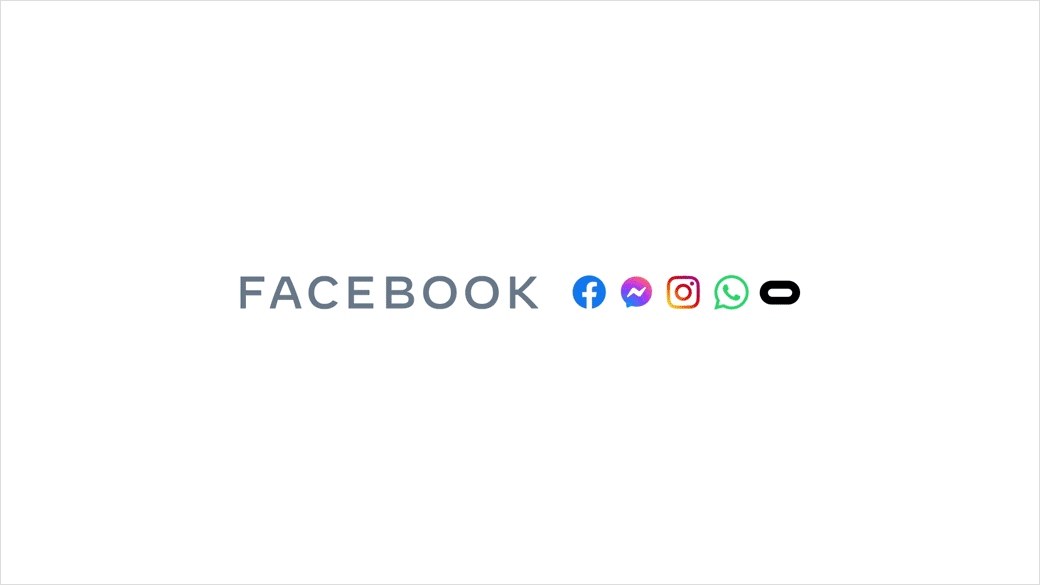
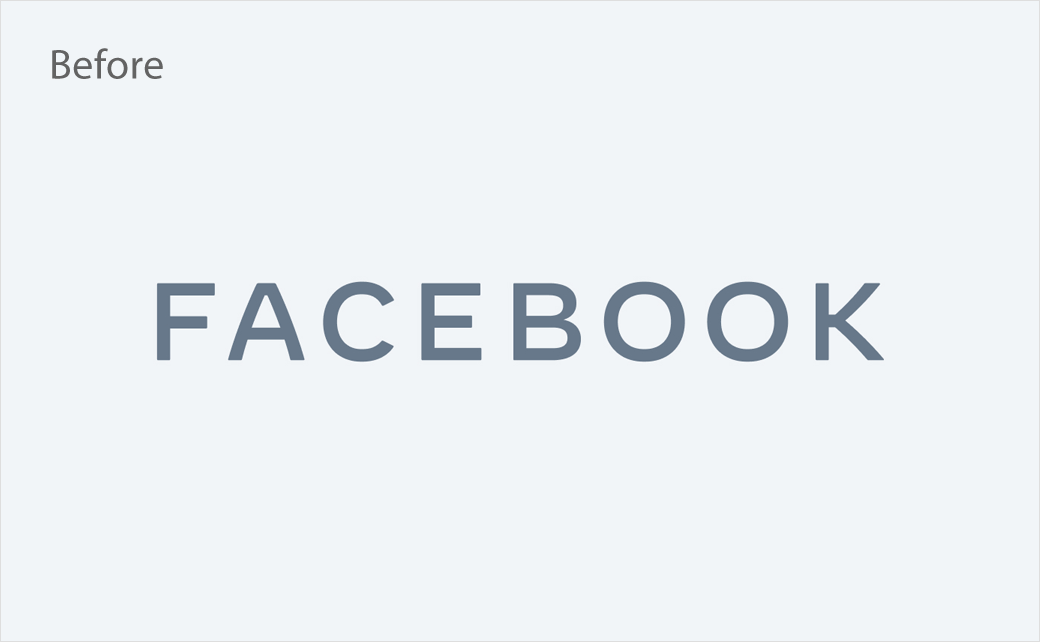
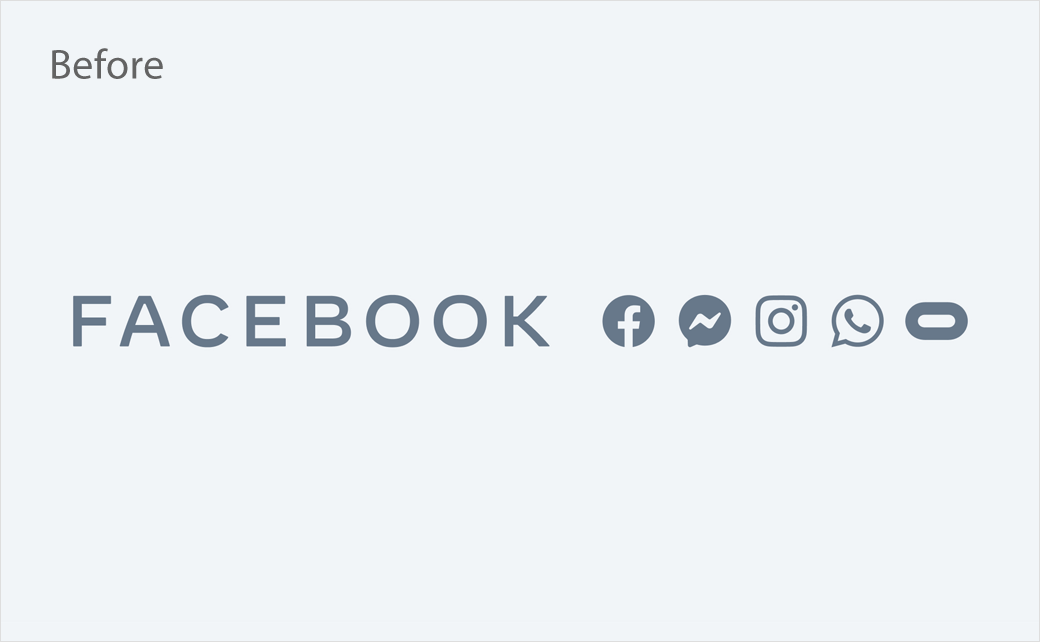
Source: Facebook


